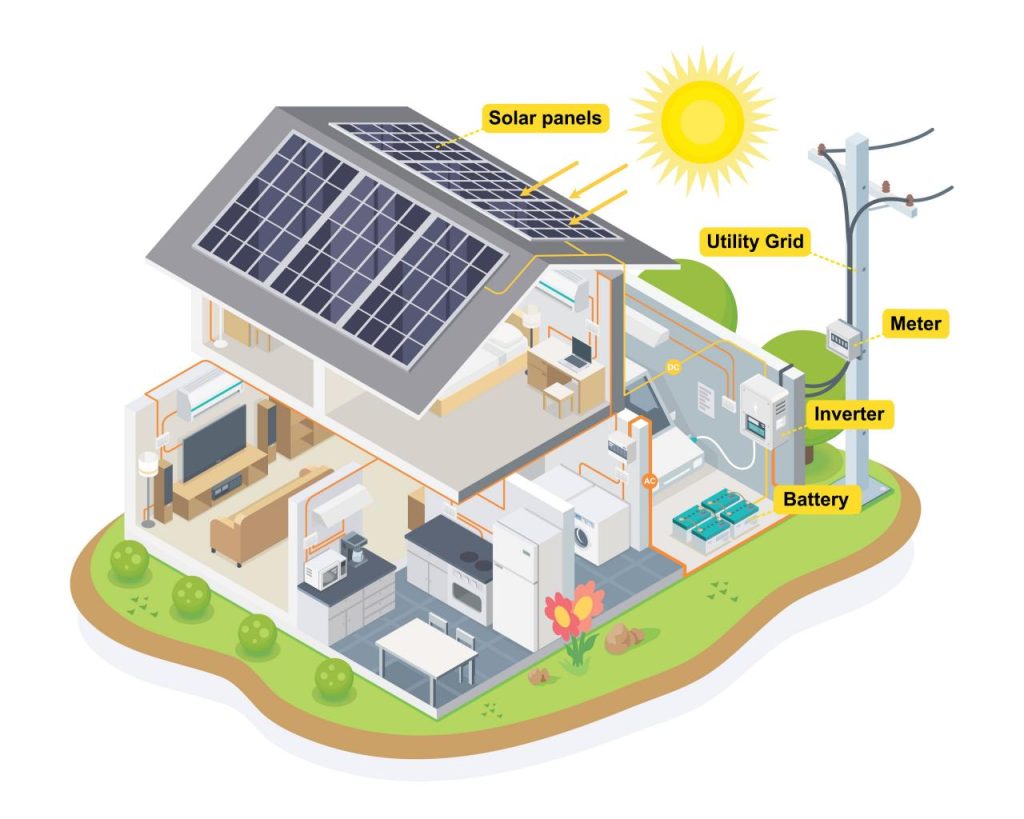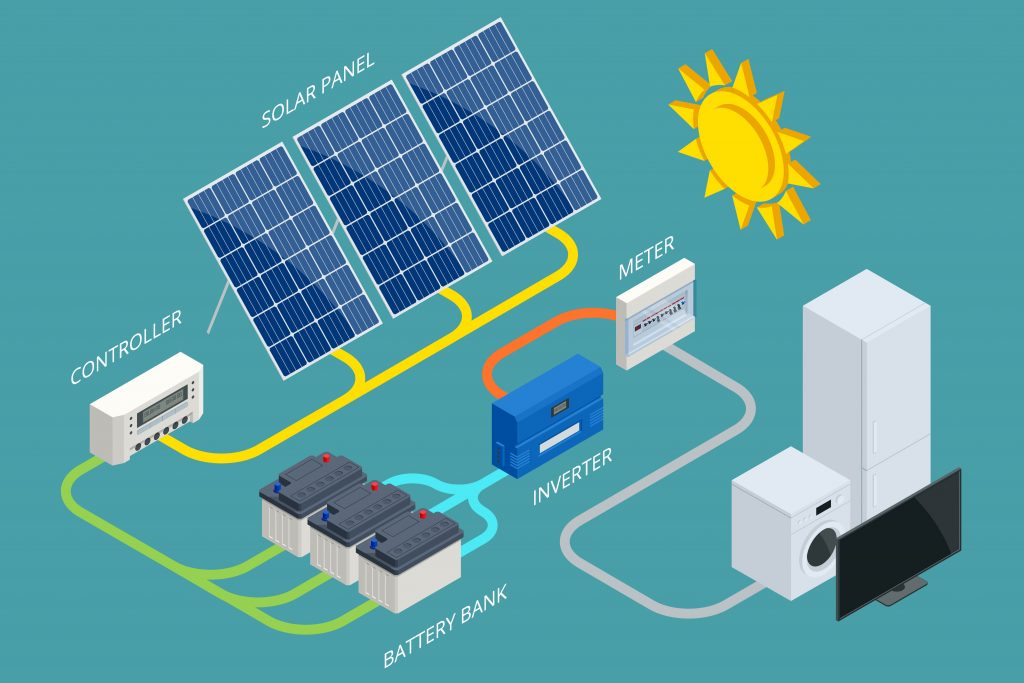Solar Energy Systems: For a Clean and Sustainable Future
Solar energy is a renewable energy source that generates electricity from sunlight. It is clean, sustainable, abundant, and can be used to provide electricity for homes, businesses, and public buildings.
Solar energy systems consist of a variety of components, including solar panels, inverters, wiring, and mounting hardware. Solar panels are devices that convert sunlight into electrical energy. Inverters convert the direct current (DC) produced by solar panels into alternating current (AC) used in homes and businesses. Wiring connects the solar panels to the inverter and the inverter to the electrical grid. Mounting hardware helps to install solar panels on rooftops or on the ground.
Solar Energy Systems Advantages:
- Clean and Sustainable: Solar energy does not produce greenhouse gas emissions or air pollution, making it a clean and sustainable energy source for the environment.
- Renewable: Sunlight is an infinite source, meaning solar energy systems will always be available for use.
- Cost-Effective: While the upfront cost of installing solar energy systems may be high, they can provide savings on electricity bills in the long run.
- Easy Maintenance: Solar energy systems require minimal maintenance.
- Energy Independence: By installing a solar energy system, you can reduce your dependency on the electricity grid.
The Future of Solar Energy:
Solar energy has significant potential to meet the world’s energy needs. As solar energy technology continues to advance, the cost of solar energy systems will decrease, and they will be more widely used.
Solar energy can play an important role in achieving a clean and sustainable future.
If You Want to Install a Solar Energy System:
Before installing a solar energy system, you need to consider some factors such as sunlight duration, roof type, and your electricity needs. To install a solar energy system.



